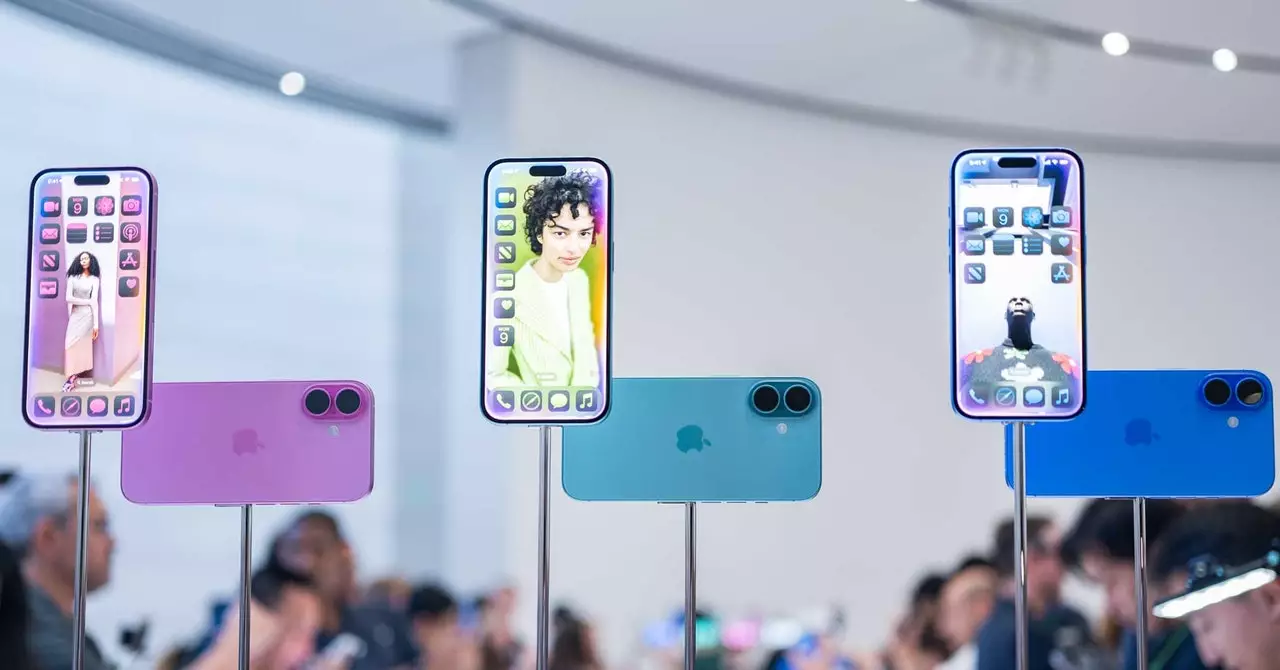The addition of artificial intelligence (AI) features to Apple’s iPhone lineup is expected to drive a surge in sales, according to optimistic analysts. In the past, hardware upgrades were the primary selling point for new iPhone models. However, the focus has now shifted to how Apple’s hardware, such as custom chips, will support advanced AI capabilities. Paolo Pescatore, an industry analyst, believes that regardless of the initial availability of Apple Intelligence, the new iPhones are future-proof and will pave the way for an iPhone supercycle.
While some analysts like Pescatore foresee a significant increase in iPhone sales due to AI integration, others like Anand Joshi are more cautious. Joshi, a former tech executive turned analyst, acknowledges the technical limitations of older iPhone models that may drive upgrades but expresses skepticism about the user experience and the likelihood of a supercycle. Similarly, Varun Mishra from Counterpoint Research predicts a revenue “step-cycle” rather than a supercycle, citing the gradual rollout of Apple’s AI features and the lack of compelling use cases that would prompt early device upgrades.
One area of concern is the impact of AI-powered iPhones on sales in China, a crucial market for Apple. Recent reports of Chinese officials discouraging the use of foreign-made electronics, including iPhones, could potentially hinder Apple’s market share in the region. The uncertainty surrounding the operation of Apple’s Private Compute Cloud in China raises questions about data privacy and security. Despite these challenges, Apple has announced plans to expand its AI features to include Chinese language support next year.
To navigate the complexities of the Chinese market, analysts like Ives suggest that Apple may need to form strategic partnerships with local companies to enable AI capabilities in China. While Apple is known for its vertically integrated approach to technology, collaborating with a Chinese partner could be essential for establishing a strong presence in the region. Despite concerns about government restrictions on iPhones, analysts like Joshi remain optimistic about Apple’s ability to maintain market share in China and capitalize on the growing demand for AI-powered devices.
The integration of AI into Apple’s iPhone lineup has the potential to reshape the smartphone industry and drive significant sales growth. While some analysts predict a supercycle fueled by AI features, others are more cautious about the immediate impact on consumer behavior. Navigating challenges in the Chinese market and leveraging strategic partnerships will be critical for Apple to establish itself as a leader in AI technology and meet the evolving needs of global consumers.

